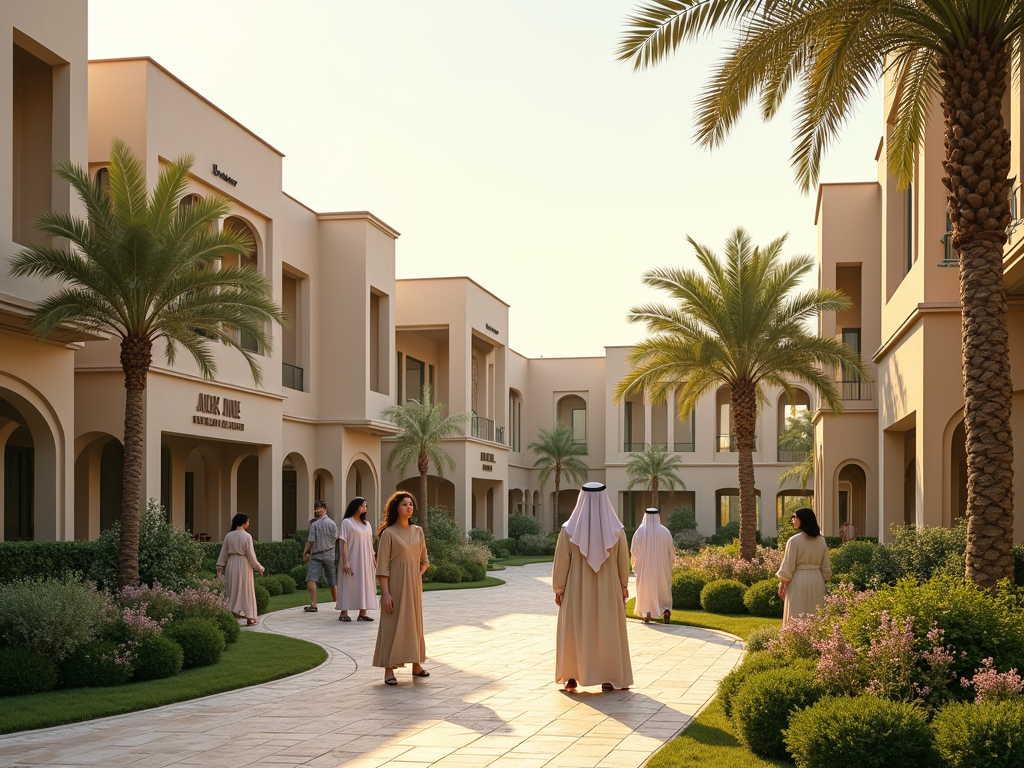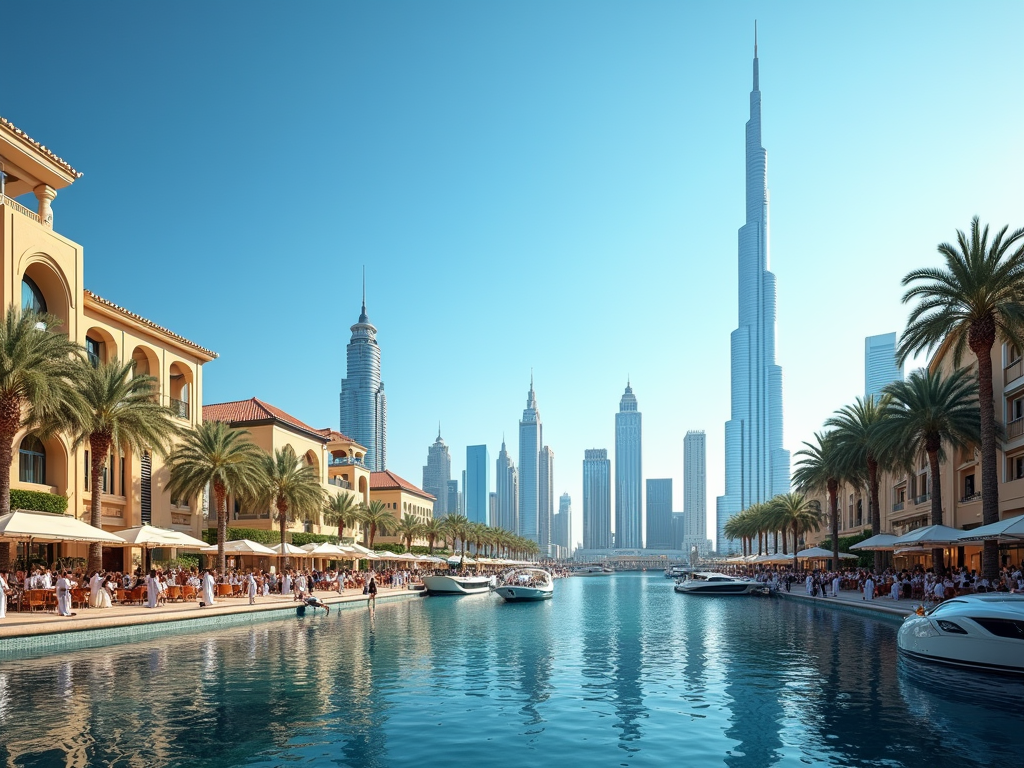The tourism industry has a significant influence on Dubai’s real estate demand, driving economic growth and shaping the property landscape. As one of the world’s leading tourist destinations, Dubai attracts millions of visitors annually, fostering a surge in both residential and commercial real estate requirements. This article delves into the nexus between tourism and real estate in Dubai, exploring how an influx of tourists affects property values, rental markets, and investment opportunities.
Tourism Growth and Real Estate Development

Dubai’s continuous investment in tourism infrastructure significantly enhances the city’s appeal as a travel destination. With landmark attractions like the Burj Khalifa and expansive shopping malls, the city witnesses an ever-growing number of visitors. This boom in tourism has led to an increase in real estate development to meet the demand for accommodations and hospitality services. With high-profile events such as Expo 2020 showcasing Dubai to the world, an even greater influx of tourists is anticipated, prompting developers to construct luxury hotels, resorts, and residential complexes.
Moreover, the correlation between tourism growth and real estate demand can be broken down into several key areas:
- Short-term Rentals: An increase in tourists leads to a higher demand for short-term rental properties, stimulating the growth of platforms like Airbnb.
- Commercial Properties: The surge in visitors encourages businesses related to tourism, demanding more retail spaces, hotels, and entertainment venues.
- Infrastructural Improvements: With a rising number of visitors, the government enhances transport links, further improving accessibility and desirability of various locations.
- Luxury Developments: Wealthy tourists often invest in luxury real estate for personal use or as an investment, increasing market competition.
- Long-term Investments: The stable return on investment in Dubai’s real estate attracts global investors seeking capital growth.
The Role of Expatriates in Dubai’s Real Estate Market

Expatriates represent a substantial portion of Dubai’s population and tourism demographic. Their presence not only supports the tourism sector but also drives real estate demand as they often seek longer-term housing solutions. When expatriates come to Dubai, whether temporarily for work or as tourists, they often look for comfortable residences, contributing to the rental market dynamics. The resulting demand for well-located properties subsequently increases real estate prices and encourages further development of housing projects.
Additionally, expatriates’ diverse backgrounds bring varied preferences in housing types, from luxury villas to affordable apartments. This diversity in demand leads to a robust and competitive real estate market, encouraging developers to create a range of options catering to different segments. As families and professionals settle in Dubai, they contribute to the stability of the local economy, which further enhances real estate investment attractiveness.
Tourism Strategies and Their Impact on Property Valuation
The Dubai government has implemented robust strategies to boost tourism, impacting real estate valuation positively. Initiatives such as the “Dubai Vision 2020” aim to attract 20 million visitors yearly, creating growth opportunities in real estate. These strategies significantly influence property values across Dubai, as desirable locations see heightened demand from both tourists and expatriates. Properties in high-traffic areas are regarded as prime investments, allowing owners to capitalize on hotel stays or short-term rentals.
As property values continue to appreciate, investors are encouraged, resulting in increased construction activity. High demand leads to more limited inventory in prime spots, driving prices higher. Furthermore, policies promoting foreign ownership in real estate bolster investor confidence, providing an additional incentive to individuals and companies wishing to capitalize on Dubai’s booming tourism industry.
Though the impact of tourism on real estate is mostly positive, there are challenges that investors must navigate. Economic fluctuations, evolving regulations, and market saturation can create risks in an environment heavily reliant on tourism. Investors need to be astute in understanding market trends and future projections, ensuring their strategies align with the ongoing shifts within the tourism landscape. However, the opportunities to capitalize on diversified tourism offerings can lead to significant profits.
Opportunities for investors include:
- Investing in emerging areas with high potential for growth due to new attractions.
- Capitalizing on the growing trend of eco-tourism and luxury travel.
- Developing mixed-use properties that cater to both residents and tourists.
- Engaging in the short-term rental market catering to diverse tourist demographics.
Conclusion
In summary, the interaction between tourism and real estate demand in Dubai is a dynamic and complex relationship. As tourism continues to flourish, it shapes the real estate market, driving the need for various property types and influencing prices. For investors and stakeholders, understanding this interplay is crucial for making informed decisions. In the long run, the convergence of tourism and real estate in Dubai presents exciting opportunities for growth and development.
Frequently Asked Questions
1. How does tourism affect property prices in Dubai?
Tourism drives demand for real estate, resulting in increased property prices as more visitors seek accommodations, making desirable locations highly sought after.
2. What types of real estate are most popular among tourists in Dubai?
Popular types of real estate include luxury hotels, serviced apartments, and short-term rentals that offer ease of access to attractions and amenities.
3. Are there investment opportunities in Dubai’s real estate market?
Yes, there are numerous investment opportunities, particularly in short-term rentals and mixed-use developments that cater to both tourists and residents.
4. How do expats influence the real estate market in Dubai?
Expatriates contribute to a significant portion of the rental market, creating high demand for various residential options, thus stabilizing and boosting property values.
5. What challenges do investors face in Dubai’s real estate market?
Investors may encounter challenges such as market fluctuations, regulatory changes, and potential oversaturation in high-demand areas, requiring strategic planning.
